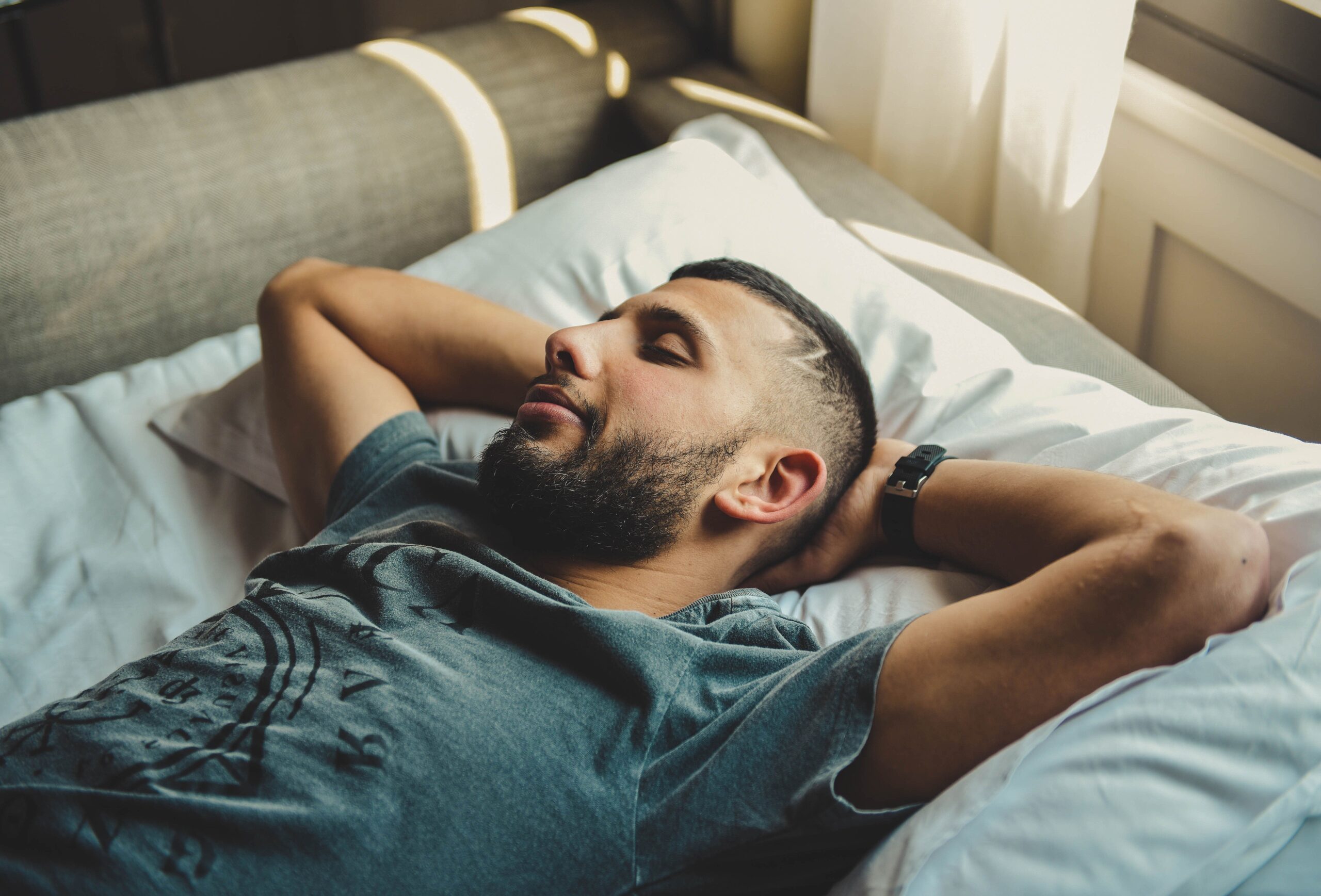Are you experiencing restless nights? Does insufficient sleep leave you feeling tired and cranky throughout the day? Many people across the UK face difficulties when it comes to falling asleep at night and a major factor for this could be poor sleep hygiene.
If you’re wondering how to improve sleep and create a successful bedtime routine, here’s our insight into sleep hygiene…
What is Sleep Hygiene?
Not to be confused with cleanliness, sleep hygiene covers a science-backed bedtime routine that prepares us for a night of healthy and ideal sleep – which is hugely important for both mental and physical health!
The human body is designed to prepare us for sleep through a 24-hour cycle, slowly preparing the brain and body so we’re not immediately going from a fully alert state to deep asleep.
The Science Behind Sleep Hygiene…
A bedtime routine is not just vital for children; adults also require healthy sleeping habits to keep their bodies functioning at the highest quality – Here are some of the scientific facts behind the importance of sleep hygiene and how to improve sleep:
- Sufficient and high-quality sleep is crucial for optimal cognitive function, such as attention, concentration, learning, and problem-solving abilities.
- The circadian rhythm regulates our sleep-wake cycle through our internal 24-hour biological clock, corresponding to our physical, behavioural, and mental processes. The circadian rhythm prefers 7 to 9 hours of sleep every night for adults.
- Sleep plays a crucial role in regulating hormones like cortisol, growth hormone, insulin, and appetite-regulating hormones such as leptin and ghrelin.
- Sleep involves various complex stages and cycles, including NREM sleep (non-rapid eye movement) and REM sleep (rapid eye movement). Through the night you go through the different stages, each full cycle lasting about 90 to 110 minutes.
- During sleep, the body undergoes important restorative processes, such as tissue repair, muscle growth, immune system maintenance, and memory consolidation.
- Melatonin (a natural hormone that aids circadian rhythm timings) levels rise in the evenings and promote sleepiness – melatonin’s peak is between 2am and 4am.
5 Tips for Improved Sleep Hygiene!
- Bedroom Environment: Make sure your bedroom is optimised for great sleep hygiene, this includes dim lighting, ultimate comfort, a cosy temperature, and minimal noise.
- Diet: A key factor in how to improve sleep is paying attention to your food intake before bed – Dietitians suggest avoiding large meals, drinking coffee or caffeine, eating spices or fried food, and more, around three hours before you go to bed.
- Avoid Technology: Phones, laptops, TVs, etc., all keep our minds active. For optimal sleep hygiene, steer clear of technology for at least 30 to 60 minutes before you plan to sleep.
- Consistency is Key: Create a sleeping habit for your internal body clock by going to sleep and waking up at the same time every day – this involves weekends too.
- Bedtime Routine: A warm bath/shower, meditation, and self-care are all components of a relaxing bedtime routine.

Signs of Bad Sleep Hygiene
Not sure if your sleep hygiene is healthy or poor? Here are a few of the signals it needs improvement:
- You’re struggling to fall asleep
- Waking up often during the night
- You feel overly tired in the daytime
- Have a shortened attention span
- Substandard memory
- Heart disease
- High blood pressure
It’s time to stop counting sheep
Explore the Teladoc myStrength app for more tips on improving your sleep hygiene!
If you feel in crisis and need to speak to someone urgently, please visit our crisis support page.
